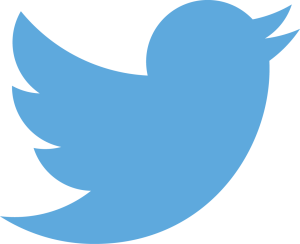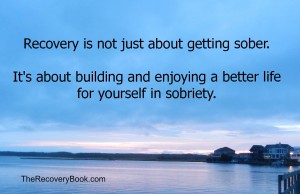Is a Personal Inventory Part of Your Recovery Program?
Featured
Doing a personal inventory is an important part of maintaining your sobriety and recovery. In fact, Step 10 suggests you do it regularly. But just how do you do it?
In The Recovery Book (page 362), Dr. Al suggests asking yourself a number of specific questions, all sorted into our familiar Recovery Zone System categories.
Read through the questions below, or download a printer-friendly version with space for writing.
Recovery Activities
- Did I have a plan for the day, and did I follow it?
- With whom did I spend most of my time?
- Where did I spend my time?
- Did anything threaten my sobriety recently? What?
- What specific work did I do on my recovery program (attending meetings, doing meditations, reading fellowship materials, or listening to recordings, etc.)?


